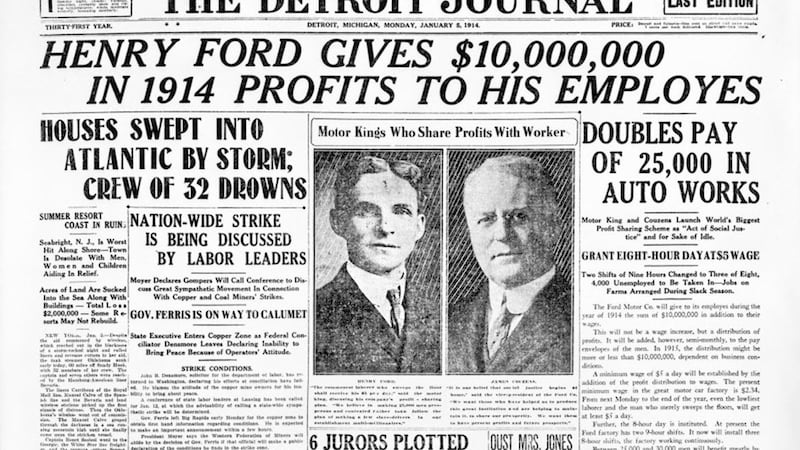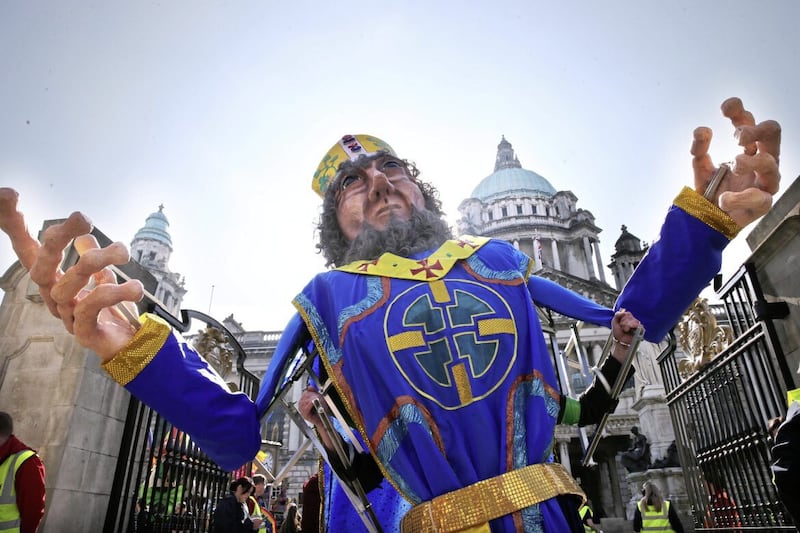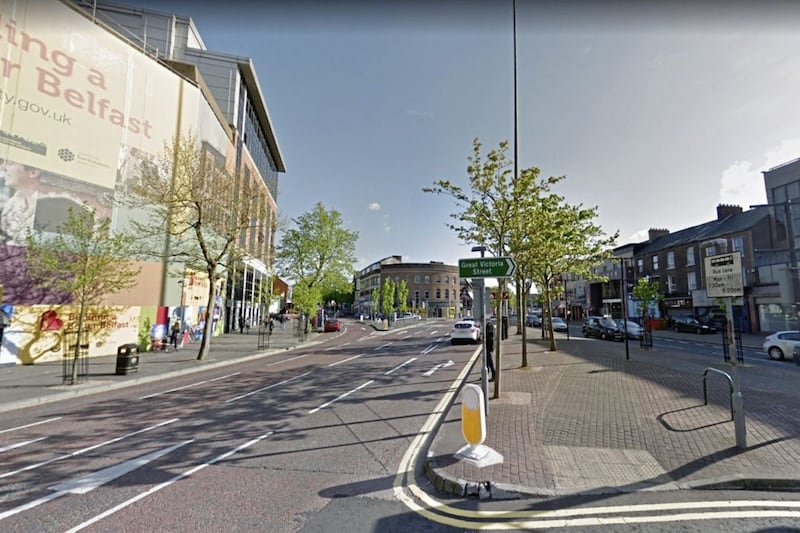OVER recent weeks the news has been filled with the economic damage inflicted by Covid 19 – the shuttering of shops, closure of restaurants, and shrinking of service industries.
Thousands of people are now chasing a declining pool of jobs, and according to EY chief economist Neil Gibson, Northern Ireland will be lucky if it keeps unemployment below 100,000.
This comes on the back of a decade long decline following the financial crisis. Living standards have stagnated, while inequality has grown.
It is harder to get on the property ladder and harder to secure a well-paid career. Many are now asking if there is a crisis of capitalism.
These are genuine concerns that demand a response. Fortunately, the answer is in the foundation document of capitalism itself, Adam Smith’s Wealth of Nations.
Smith recognised that the economy was a co-operative endeavour and he explicitly connected the importance of well-paid labour with a progressive and productive economy.
To lift ourselves from recession we need to get more money to people who will spend, and that means an immediate uplift of the minimum wage to £10.50 – the amount pledged by the Conservative government by 2024. This step would directly funnel millions of pounds into the real economy of retail, hospitality, entertainment and travel.
This may seem like a counter-intuitive policy, but there is a useful precedent from history.
In 1914, during a deep recession, Henry Ford decided to double the wages of his workers. People thought he had gone mad and was going to bankrupt his company, but surprisingly the reverse happened.
Production from his highly motivated workers rose, the price of goods fell, and sales soared. Ford knew his best customers were his own employees, and he went on to create one of the world’s most successful companies.
But how can struggling firms in Northern Ireland afford a significant increase in wages?
The simple answer is costs for business need to be slashed, in particular the abolition of employer’s national insurance, an inefficient and counter-productive tax on jobs.
As for lost government revenue this would easily be made up by increased wealth from wages, lower social security costs, and a booming sales tax.
And that’s not the end of the story. We need a renewed focus on technology, increasing company investment into more efficient ways of working, and upskilling young people for the information age.
We need to enhance the quality of employment, learning from the success of employee owned firms and evolving shareholder value into stakeholder value.
And we need to reduce inequalities by transferring wealth across the generations, for example hypothecating death duties into baby bonds.
If we are to navigate the coming crisis, we need to take bold steps and build an economy that works for all.
Chris McCracken is managing director at Linen Quarter BID






